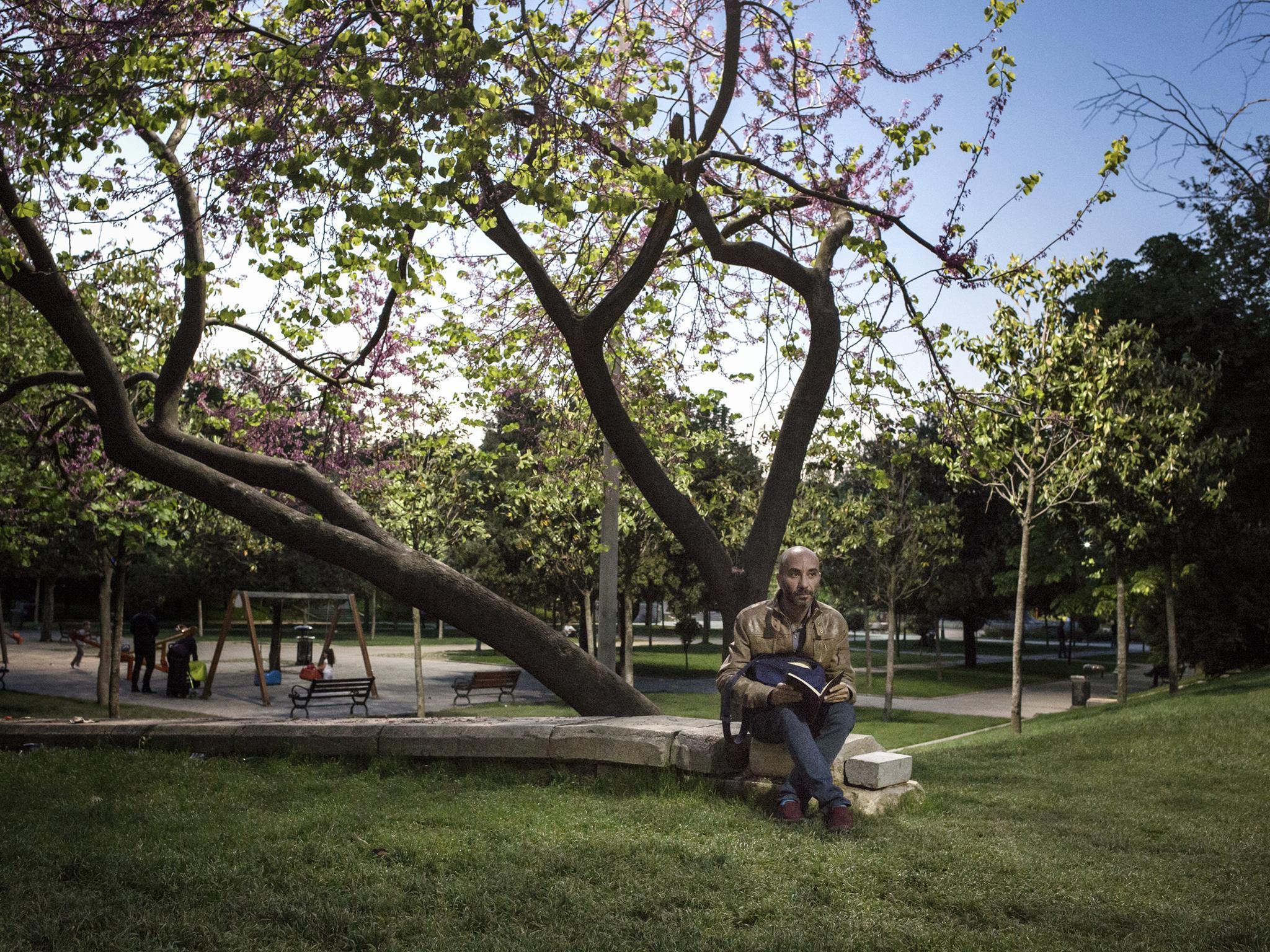Where are you, my love? The difficulties of being LGBT in Istanbul
Despite resistance, members of the LGBT community in Istanbul are preparing to hold a Pride parade tomorrow. Teo Butturini captures the words and pictures of those pushing for change

Your support helps us to tell the story
From reproductive rights to climate change to Big Tech, The Independent is on the ground when the story is developing. Whether it's investigating the financials of Elon Musk's pro-Trump PAC or producing our latest documentary, 'The A Word', which shines a light on the American women fighting for reproductive rights, we know how important it is to parse out the facts from the messaging.
At such a critical moment in US history, we need reporters on the ground. Your donation allows us to keep sending journalists to speak to both sides of the story.
The Independent is trusted by Americans across the entire political spectrum. And unlike many other quality news outlets, we choose not to lock Americans out of our reporting and analysis with paywalls. We believe quality journalism should be available to everyone, paid for by those who can afford it.
Your support makes all the difference.Homosexuality has been legal in Turkey since 1858, during the Ottoman empire, and many of the same laws have been used in the country since 1923, when the Republic was founded, with transsexual people given the right to change their legal gender in 1988.
Recent years have seen a change in public opinion, however, with the Middle Eastern country becoming more conservative. Attacks against gay, lesbian and transgender people have become more frequent – and deadly. Such was the case of Hande Kader, a transgender activist and sex worker who was brutally killed and mutilated before her body was set ablaze in a park in Istanbul in August 2016.
Last month, Turkish police stifled an LGBT pride march in Istanbul after organisers went ahead with the planned event despite a third ban in three years by authorities. According to witnesses, police fired rubber bullets to disperse at least one crowd and several people were detained. Organisers of a Trans Pride March were also stopped from marching in Istanbul's main square on Sunday. Last year, members of the LGBT community were also attacked by police with water cannons and rubber bullets for trying to hold a Pride parade.
The Pride march was organised to take place on the same day as the Bayram, the Turkish name for Eid-Al-Fitr, which marks the end of the Holy Month of Ramadan.
Discrimination protections for diverse sexual orientation and sexual identity have been debated, but not yet ratified by the country’s Parliament. And many Turkish officials often use “homophobic and transphobic rethoric” in their speeches, according to Amnesty International.
The situation in Istanbul is becoming increasingly dangerous for members of the LGBT community – but in rural areas of Turkey, it is far worse.
Honour killings are still practised in more rural communities, with families plotting the murders of members who they believe are engaging in ‘immoral sexual behaviours’. More than 40 hate murders have been committed against LGBT individuals between 2010 and 2013, according to a report submitted to the UN by local rights groups.
Despite the resistance – and potential danger – members of the LGBT community faced, they still took to the streets, but found their voices silenced. Here, the stories of a handful of those protesters are told.
Join our commenting forum
Join thought-provoking conversations, follow other Independent readers and see their replies
Comments